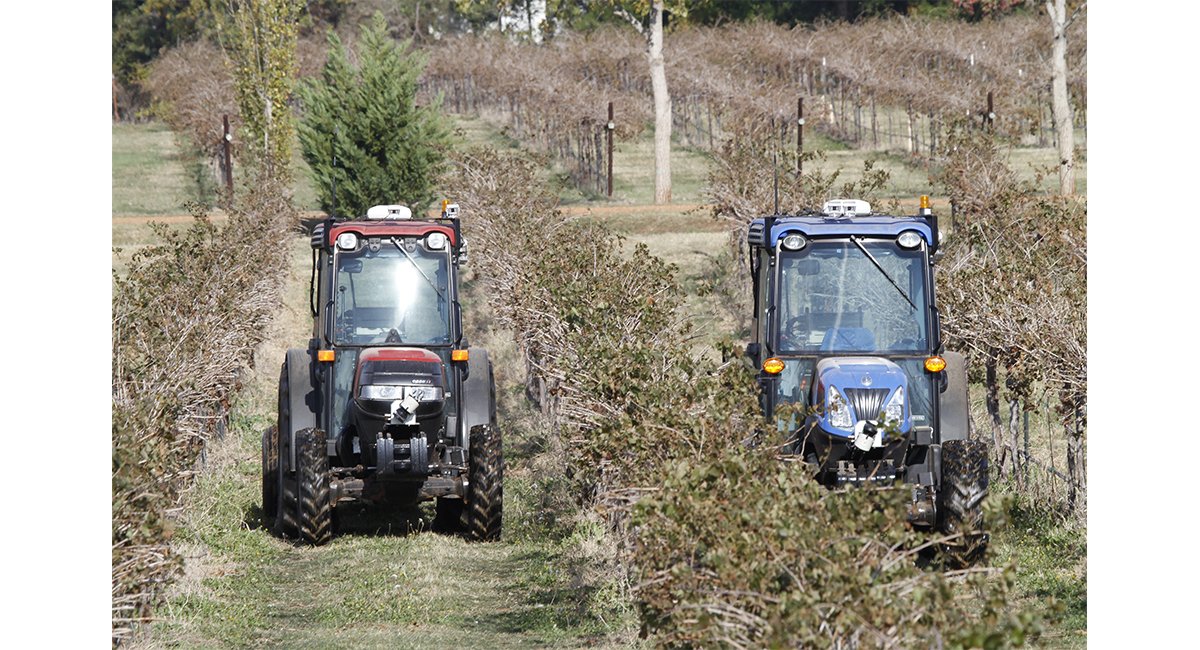The ageing of Japan is thought to outweigh that of all other nations, with Japan said to have the highest proportion of elderly citizens both in rural and urban areas. According to 2014 estimates, 33.0% of the Japanese population is above the age of 60, 25.9% are aged 65 or above, and 12.5% are aged 75 or above.
The ageing of the Japanese population is a result of one of the world's lowest fertility rates combined with the highest life expectancy; Japan's life expectancy in 2016 was 85 years. Factors such as improved nutrition and advanced medical and pharmacological technologies have reduced the prevalence of diseases, improving living conditions.
Japan's total fertility rate (the number of children born to each woman in her lifetime) has been below the replacement threshold of 2.1 since 1974 and reached a historic low of 1.26 in 2005. A range of economic and cultural factors contributed to the decline in childbirth during the late 20th century: later and fewer marriages, increased participation of women in the workforce, a decline in wages and lifetime employment, and the high cost of raising a child.







